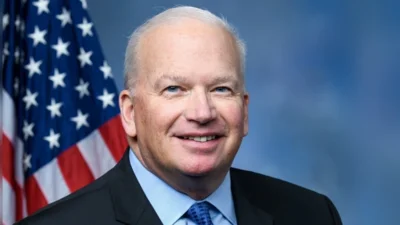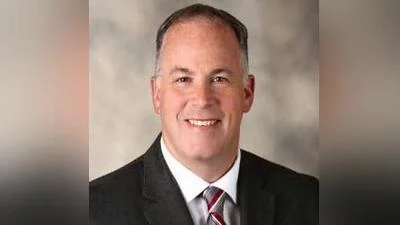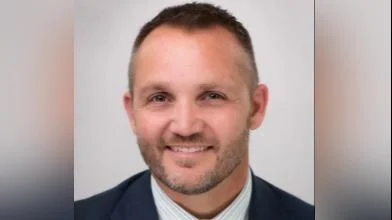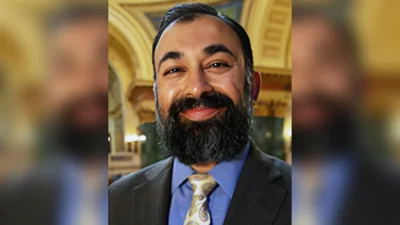Christopher Lee Kapenga President of the Wisconsin Senate | Official Website
Christopher Lee Kapenga President of the Wisconsin Senate | Official Website
According to the Wisconsin State Legislature's official website, the bill was described as follows: "time limits on local unit of government chief executive officer emergency power proclamations".
The following is our breakdown, based on the actual bill text, and may include interpretation to clarify its provisions.
In essence, the bill amends existing statutes to limit the duration of emergency power proclamations made by a local unit of government’s chief executive officer to 60 days, unless the local governing body chooses to extend it. The bill defines a "chief executive officer" as the county executive, county administrator, or county board chair of a county, mayor or city manager of a city, village president of a village, town board chairperson of a town, or anyone acting in these capacities. The proclamation can be ratified, altered, modified, extended, or repealed by the governing body once it is able to convene, ensuring that any decisions made under the proclamation remain valid until formally addressed by the governing body.
The bill was co-authored by Representative Brent Jacobson (Republican-87th District) Senator Van H. Wanggaard (Republican-21st District). It was co-sponsored by Representative Scott Allen (Republican-82nd District), Representative Elijah R. Behnke (Republican-6th District), and Representative Lindee Rae Brill (Republican-27th District), along 13 other co-sponsors.
Chris Kapenga has authored or co-authored another 24 bills since the beginning of the 2025 session, with none of them being enacted.
Kapenga graduated from Calvin College in 1994 with a BA.
Kapenga, a Republican, was elected to the Wisconsin State Senate in 2015 to represent the state's 33rd Senate district, replacing previous state senator Paul Farrow.
In Wisconsin, the legislative process starts when a senator, constituent, group, or agency proposes an idea for a bill. After drafting, the bill is introduced, numbered, and referred to a committee for review and public input. If approved, it moves through three readings and votes in both the Senate and Assembly. Once both chambers pass the same version, the bill goes to the governor, who can sign it, veto it, or let it become law without a signature. Only a small share of bills introduced each session ultimately become law. You can learn more about the Wisconsin legislative process here.
| Bill Number | Date Introduced | Short Description |
|---|---|---|
| SB310 | 06/04/2025 | Time limits on local unit of government chief executive officer emergency power proclamations |
| SB295 | 05/30/2025 | The use of artificial intelligence or other machine assisted translation in court proceedings and of telephone or live audiovisual interpretation in criminal trials. (FE) |
| SB242 | 05/09/2025 | Required ratio of journeyworkers to apprentices in apprenticeship programs and contracts |
| SB157 | 03/27/2025 | Prohibiting gender transition medical intervention for individuals under 18 years of age |
| SB154 | 03/21/2025 | Requiring the Department of Health Services to seek any necessary waiver to prohibit the purchase of candy or soft drinks with FoodShare benefits. (FE) |
| SB81 | 02/26/2025 | School district operating referenda |






 Alerts Sign-up
Alerts Sign-up